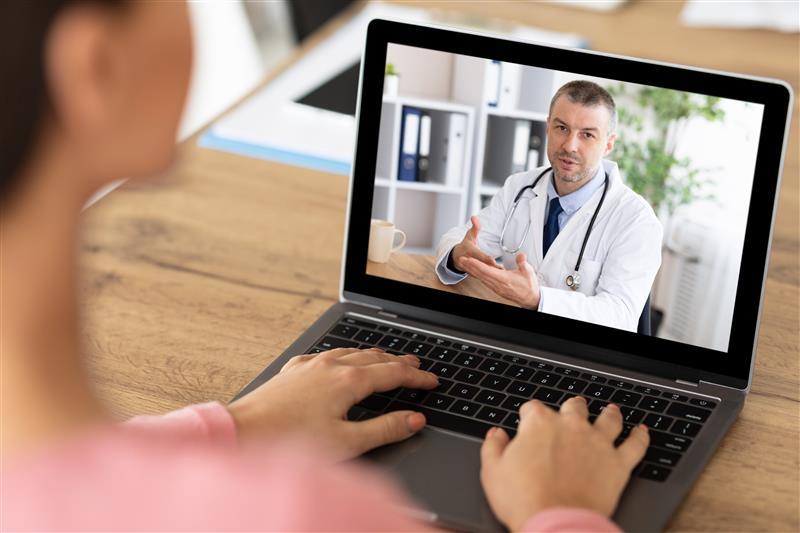A Whole Body MRI (WBMRI) is a safe, radiation-free way to screen your body’s tissues and organs. It may detect cancer and other health conditions early, when they are often easier to treat. While WBMRI is not a replacement for evidence-based screenings or diagnostic evaluations, it can serve as a valuable tool for:


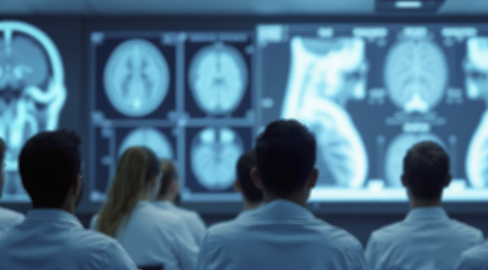
Your scan is part of a comprehensive care experience. Using advanced 3T MRI scanners with AI-powered sequences, we deliver high-quality whole body images. Our subspecialty-trained radiologists refine protocols to the highest clinical standards, while post-processing innovations—developed in partnership with Cornell Tech—ensure accurate, comprehensive results.
Meet with a dedicated provider who can walk you through what to expect, answer your questions, and help you understand your results in context.
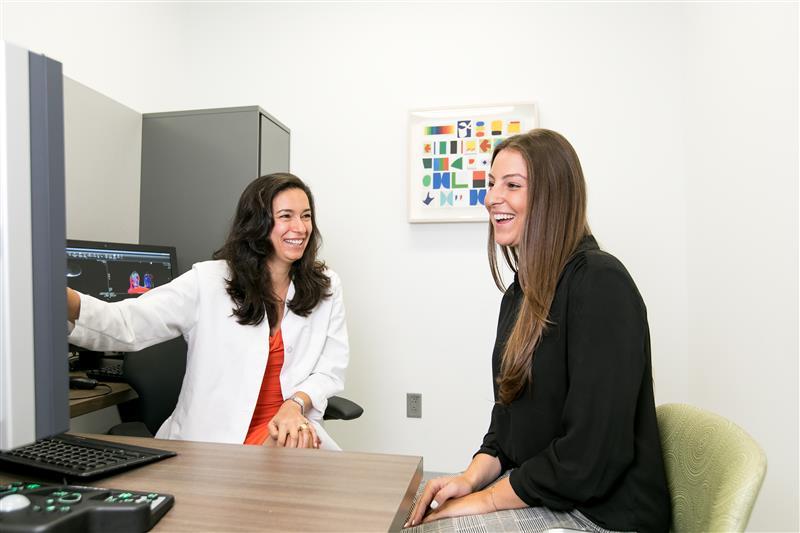
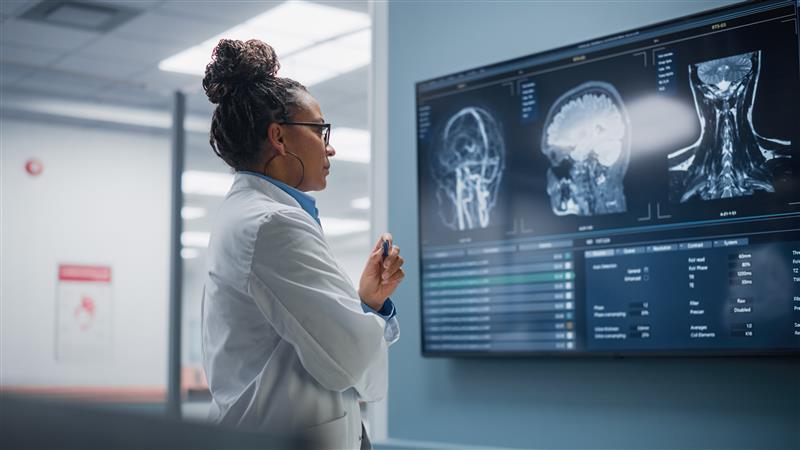
Images are read by subspecialty radiologists and compared with any available prior studies, adding vital clinical context to each interpretation. This helps ensure accuracy, consistency, and depth in your imaging findings.
We make results easy to follow by offering friendly, clearly written reports with:
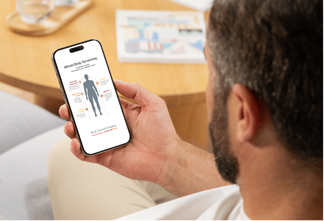

As part of Weill Cornell Medicine and NewYork-Presbyterian, you gain coordinated access to world-class subspecialists for any needed follow-up. Our integrated system ensures you receive efficient, high-quality ongoing care.
